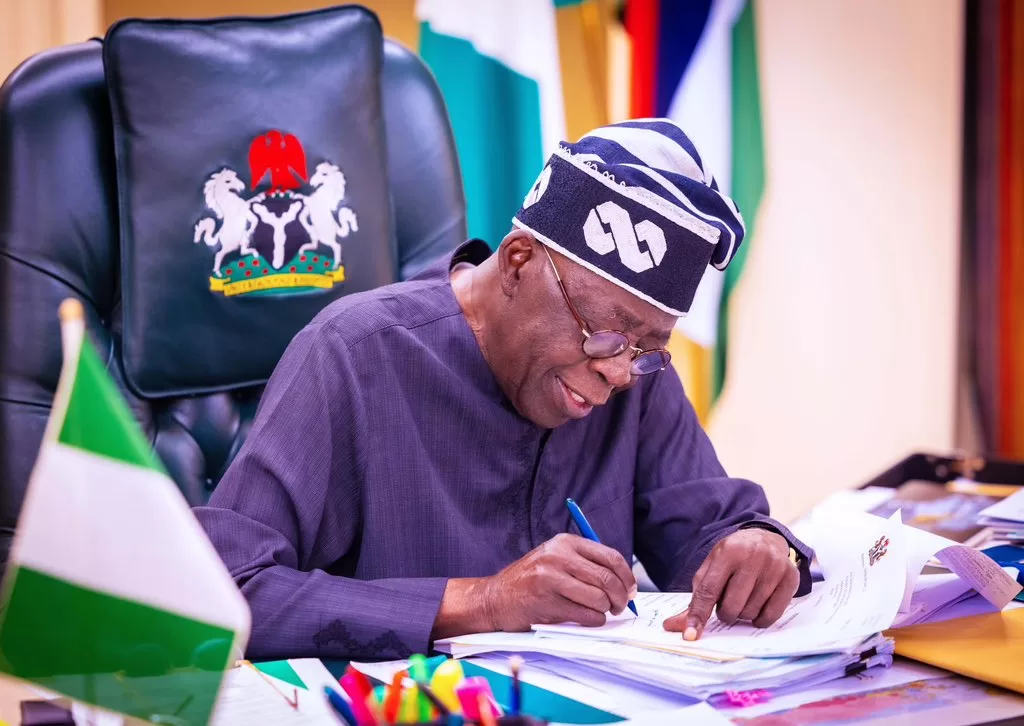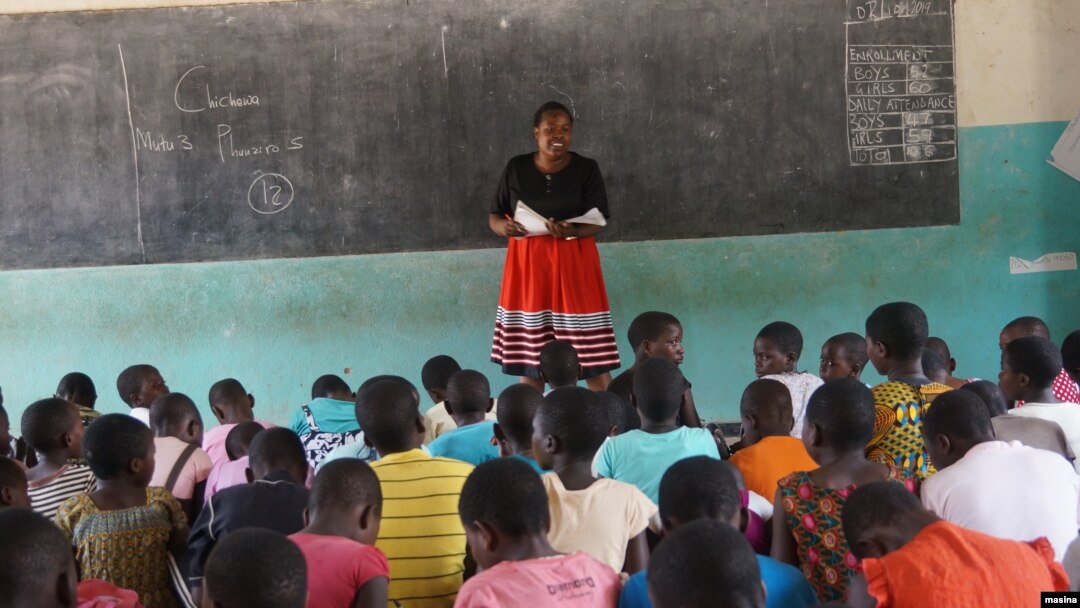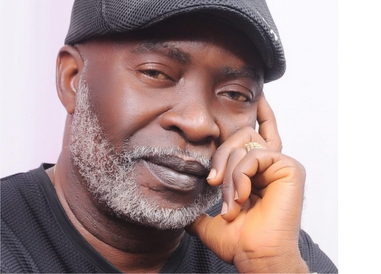Nigeria removes maths credit requirement for arts students seeking university or polytechnic admission under new entry reforms to boost tertiary access
In a sweeping reform to expand access to higher education, the Federal Ministry of Education has announced that senior secondary school students in arts and humanities will no longer be required to have a credit in mathematics in their WAEC or NECO results as a condition for university or polytechnic admission.
Also read: FCTA increases healthcare renovation funding across Abuja
The move, disclosed on Tuesday by FME spokesperson Folasade Boriowo, forms part of the revised National Guidelines for Entry Requirements into Nigerian Tertiary Institutions.
It is aimed at removing academic barriers while upholding standards.
“Mathematics is now only mandatory for Science, Technology, and Social Science courses,” the statement clarified. “For arts and humanities, only English Language and other relevant subject credits are now required.”
The revised entry structure now applies to universities, polytechnics, colleges of education, and Innovation Enterprise Academies, with clear distinctions by programme type:
- Universities: Five (5) credits in relevant subjects, including English Language. Mathematics required only for science, tech, and social science courses.
- Polytechnics (ND): Four (4) credits, with English compulsory. Maths required only for science-related courses.
- Polytechnics (HND): Five (5) credits, including English and Mathematics.
- Colleges of Education (NCE): Four (4) credits. English is mandatory for arts and social sciences, while Maths is for science and technical programmes.
Education analyst Ayodamola Oluwatoyin described the reform as “a brilliant step” that could unlock tertiary access for thousands of qualified candidates previously held back by mathematics requirements unrelated to their fields.
“We hope this will improve the ease of university admissions and reflect a more realistic evaluation of student potential,” Oluwatoyin told our correspondent in Abuja.
Speaking on the policy overhaul, Minister of Education Dr. Tunji Alausa said the reform was part of efforts to expand annual tertiary enrolment from 700,000 to over one million.
“Every year, more than two million Nigerians take the UTME, but only around 700,000 are admitted. This imbalance is not because students lack ability, but because of outdated entry barriers,” he said.
According to Dr. Alausa, the revised guidelines are a strategic component of the Renewed Hope Agenda, aimed at giving every qualified Nigerian youth “a fair chance to learn, grow, and succeed.”
Also read: FCTA increases healthcare renovation funding across Abuja
The new policy marks a significant shift in Nigeria’s higher education admission process and is expected to boost inclusivity and opportunity for arts and humanities students, while maintaining academic integrity for science and technical disciplines.





























